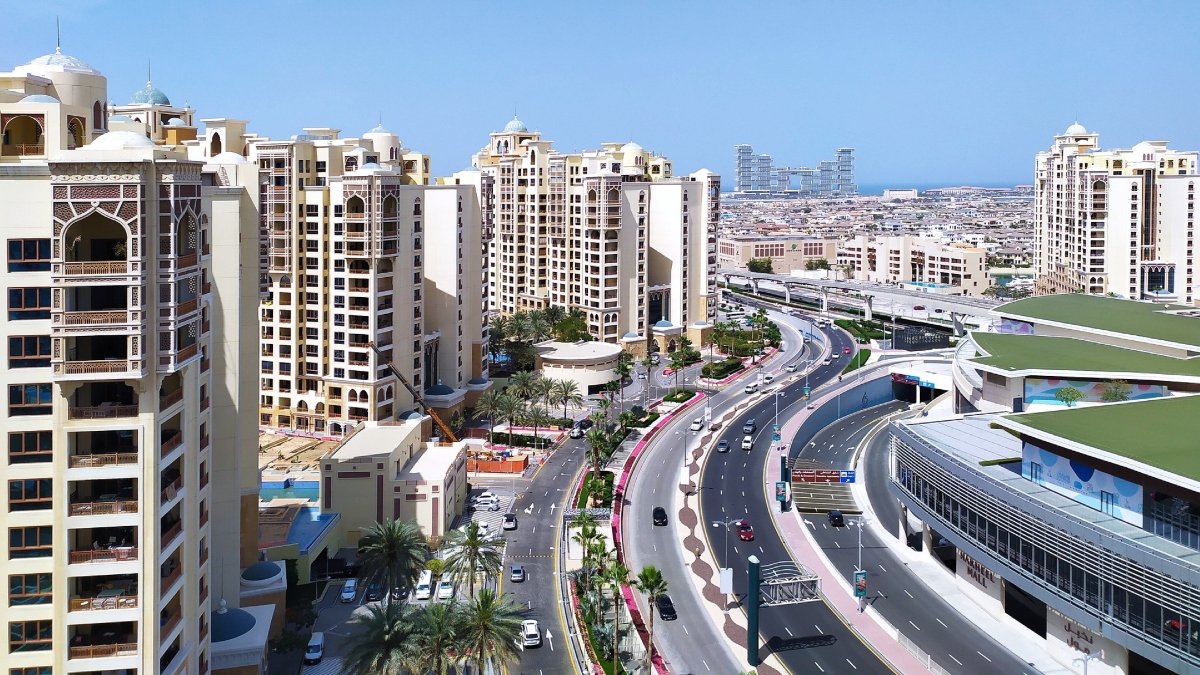A recent report by TomTom, the renowned satnav company, reveals that Dubai ranks impressively among the world’s least congested cities. This 2022 traffic index report, after analyzing 390 cities across 56 countries, indicates that Dubai’s performance in traffic flow is significantly smoother than many other global metropolitan areas.
On a comparative scale, in the Central Business District, it takes a mere 12 minutes to travel 10 km in Dubai. In contrast, cities such as Los Angeles, Montreal, Sydney, Berlin, Rome, and Milan have an average of 21 minutes to cover the same distance. The best-performing city is Almere in the Netherlands at 8 minutes per 10 km, whereas London lags behind at 36 minutes for the same distance.
When it comes to urban areas, Dubai maintains its superior stance with an average of 9 minutes per 10 km, boasting an average speed of 59 kmp/h. This is only slightly surpassed by Greensboro, US, at 7 minutes and 40 seconds with an average speed of 74 km/h. In contrast, Bogota, Colombia, struggles with 24 minutes per 10 km, averaging only 19 km/h.
Much of Dubai’s success can be attributed to the Roads and Transport Authority (RTA)’s relentless dedication to infrastructure development. Under the leadership of Mattar Al Tayer, the RTA has expanded Dubai Metro to 90km, introduced the 11-km long Dubai Tram, and drastically increased the total road network length. The number of bridges, underpasses, pedestrian pathways, and cycling tracks have all seen significant growth in the past 16 years.
Beyond mere infrastructural growth, RTA has been instrumental in driving the adoption of public transport, with a core focus on reducing reliance on private vehicles. With state-of-the-art systems like the Traffic Control Centre and the Enterprise Command and Control Centre (EC3), traffic management in Dubai is world-class. Due to these efforts, the UAE has consistently topped global rankings in road quality for five consecutive years.
The RTA’s commitment has not only alleviated traffic woes but has brought tangible economic benefits. Between 2006 and 2022, the cumulative savings in time and fuel costs as a result of these projects amounted to a staggering AED262bn ($71.3bn). Additionally, concerted efforts with Dubai Police have seen road fatalities plummet from 22 cases per 100,000 people in 2006 to just 1.9 cases in 2022.
Highlighting the public’s growing trust in the transport system, Al Tayer noted, “The ridership of public transport, shared mobility, and taxis surged from 163 million passengers in 2006 to 621.4 million in 2022.” This shift, he believes, is a testament to changing societal attitudes, with more residents and visitors viewing public transport as their preferred mode of travel.






